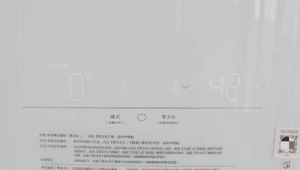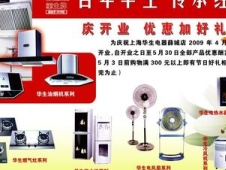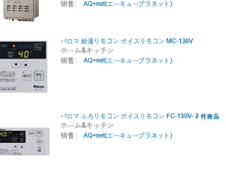In today's modern world, an electric water heater has become an essential appliance in our homes. It provides us with a continuous supply of hot water for various daily activities such as bathing, washing dishes, and doing laundry. In this article, we will explore the ins and outs of electric water heaters, including their types, working principles, installation, maintenance, and energy efficiency.
Types of Electric Water Heaters:

There are mainly two types of electric water heaters - storage water heaters and instantaneous water heaters.
Storage water heaters are the most common type. They have a large tank that stores hot water. When you need hot water, the water is heated from the tank. These heaters are suitable for households with a continuous demand for hot water and are relatively inexpensive.
Instantaneous water heaters, on the other hand, heat water on demand. They have a small tank or no tank at all and heat the water as it passes through the heating element. Instantaneous water heaters provide hot water quickly and are more energy-efficient for households with intermittent hot water needs.
Working Principles:
The working principle of an electric water heater is relatively simple. An electric heating element is placed inside the water tank (in storage water heaters) or in the water line (in instantaneous water heaters). When the heater is turned on, an electric current passes through the heating element, which generates heat. This heat is transferred to the water, raising its temperature.
In storage water heaters, the heated water is stored in the tank until it is needed. The tank is insulated to prevent heat loss. In instantaneous water heaters, the heated water is delivered directly to the faucet as it is needed.
Installation:
Installing an electric water heater requires some basic plumbing skills. It is important to choose the right location for the heater, ensuring that it is accessible for maintenance and has proper ventilation. The water supply and drainage lines need to be connected to the heater according to the manufacturer's instructions. Additionally, a proper electrical connection is necessary to supply power to the heater.
It is recommended to have a professional plumber install the electric water heater to ensure proper installation and compliance with safety regulations.
Maintenance:
Regular maintenance is crucial to ensure the longevity and efficient operation of an electric water heater. Some common maintenance tasks include:
- Flushing the tank: Periodically flushing the tank can remove sediment and scale buildup, which can affect the heater's performance and lifespan.
- Checking the anode rod: The anode rod helps protect the tank from corrosion. It should be checked regularly and replaced if necessary.
- Inspecting the heating element: Make sure the heating element is clean and free from any damage. If there is any sign of damage, it should be repaired or replaced immediately.
- Checking the thermostat: The thermostat regulates the water temperature. It should be checked regularly to ensure it is working properly and set at the desired temperature.
Energy Efficiency:
With the increasing concern for energy conservation, energy-efficient electric water heaters have become popular. These heaters are designed to use less electricity while providing the same amount of hot water. Some features of energy-efficient water heaters include insulation, improved heating elements, and smart controls.
When choosing an electric water heater, it is important to consider its energy efficiency rating. Look for heaters with high energy efficiency ratings, such as ENERGY STAR certified models. These heaters can help you save on electricity bills and reduce your environmental impact.
In conclusion, an electric water heater is a vital appliance in our homes, providing us with a convenient and continuous supply of hot water. By understanding the different types, working principles, installation, maintenance, and energy efficiency aspects of electric water heaters, you can make an informed decision when choosing and using one. Regular maintenance and energy-efficient practices can help ensure the longevity and efficient operation of your electric water heater, while also saving you money in the long run.


